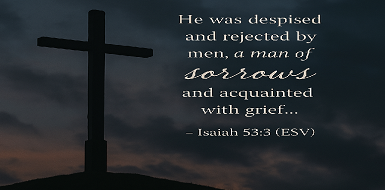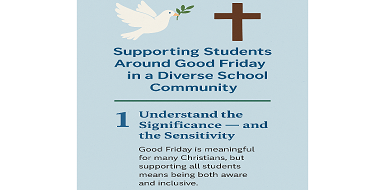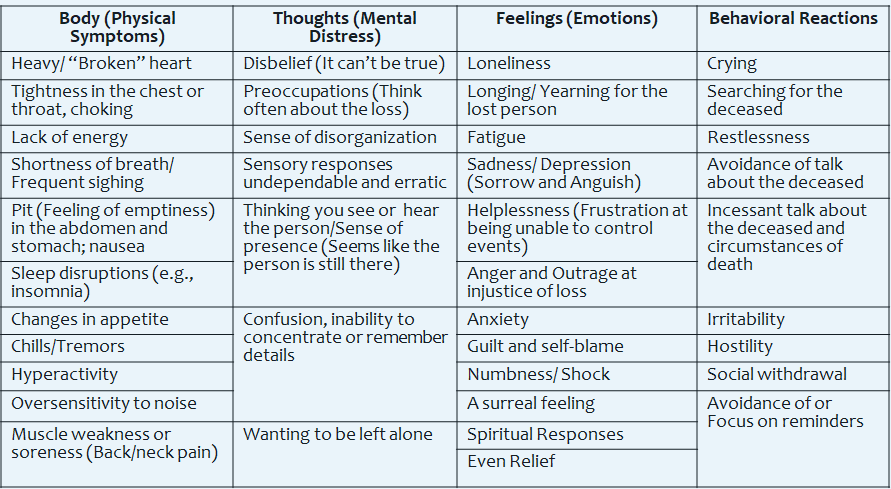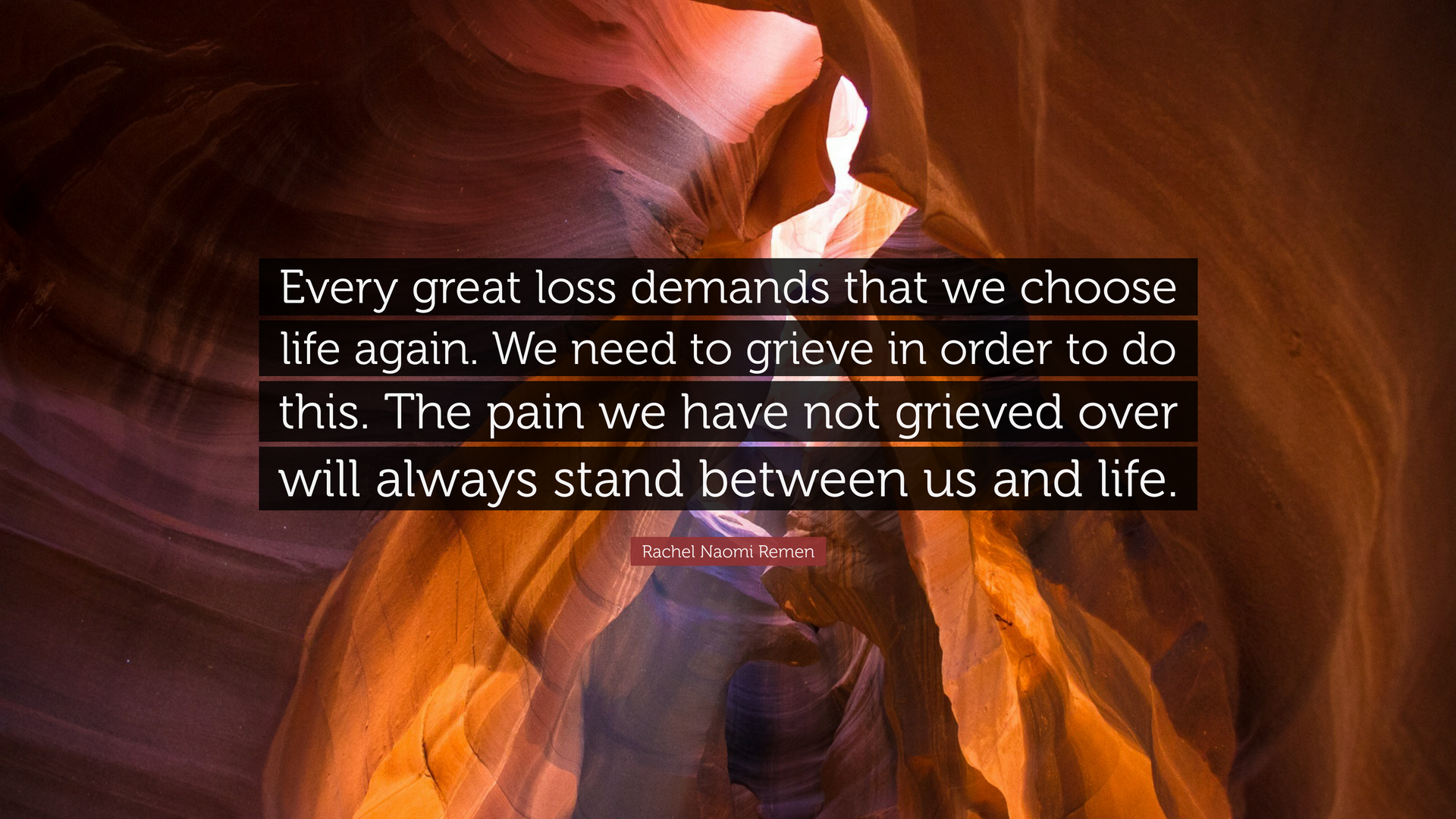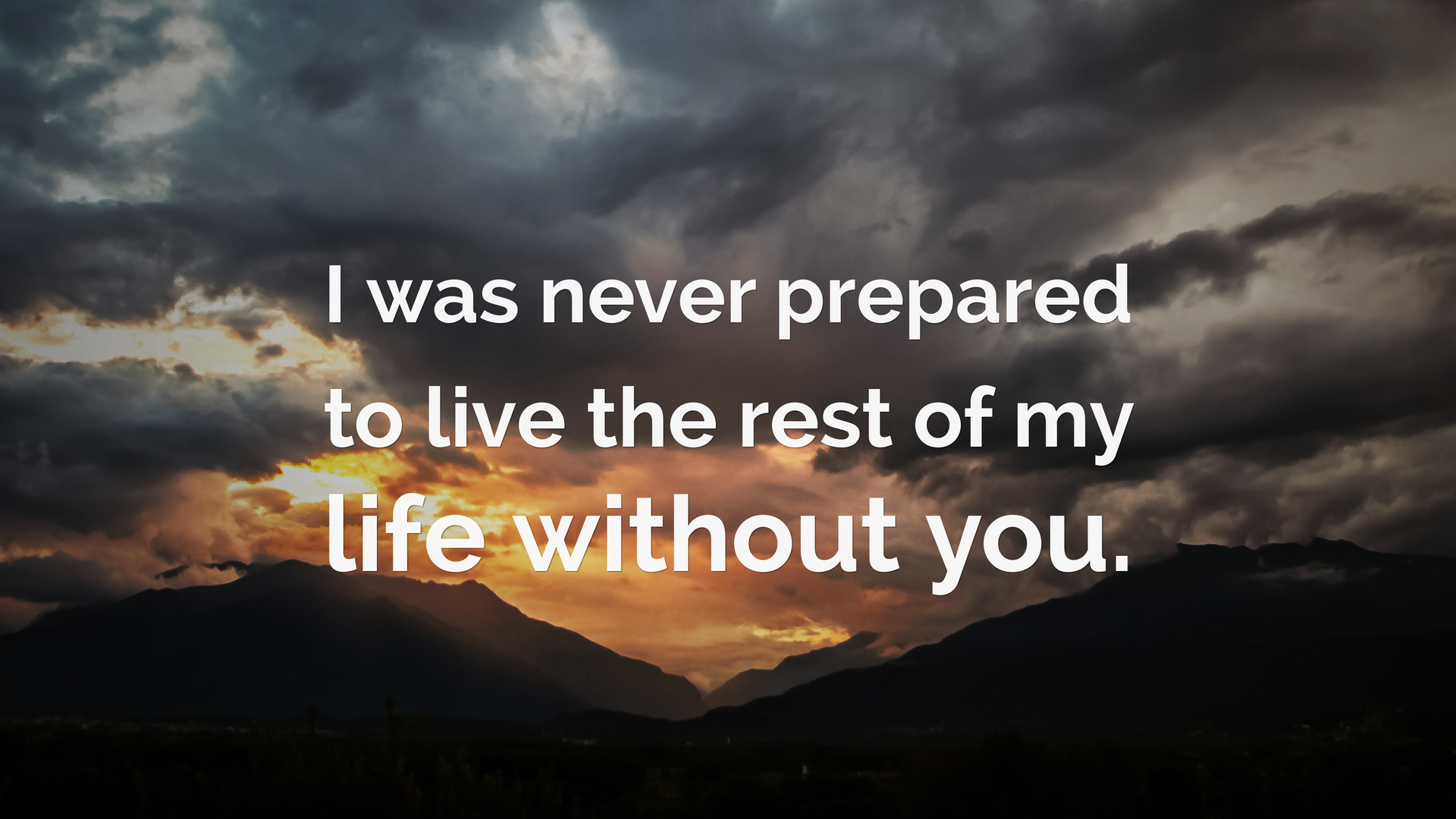Quiet Acceptance of the Ongoing Journey of Grief
Grief Is a Process!

I've noticed that the last few posts have focused on a similar theme - that grief is a process. I suppose that's where I am now in my journey - accepting that I will forever be on this journey, but it's ok. The hard truth is, grief has no clear endpoint. It doesn’t wrap itself up neatly with the passage of time or disappear after a certain number of months or years. Instead, grief becomes something we carry with us—a quiet, ongoing presence that changes shape but never fully leaves.
The weight of grief is a companion for life. It doesn't demand constant attention, but it's always there, woven into our everyday existence. Quiet acceptance of this truth is one of the hardest, yet most profound, lessons we can learn as we navigate the ongoing journey of grief.
The Weight We Carry
In the early days of loss, grief feels overwhelming. It consumes your thoughts, your emotions, and your entire sense of being. It’s as if you are carrying an enormous weight, something far too heavy to bear. Over time, this weight may lighten, but it never disappears. Instead of being an oppressive burden, it becomes more like a backpack you carry throughout life. Some days, it feels heavier; other days, you barely notice it’s there. But it remains—a quiet reminder of what you’ve lost and the love that remains.
This weight isn’t something to escape or avoid. Rather, it becomes part of who you are. Grief is the price we pay for love, and that love doesn’t vanish when the person we’ve lost is no longer physically present. We carry the memories, the emotions, and the lessons of that relationship with us. The weight of grief, in a way, is a testament to that love, to the significance of the person who is no longer with us.
Memories: The Threads That Weave Grief Into Life
As we carry the weight of grief, memories become some of our most precious possessions. They are the threads that connect us to the person we've lost, the moments that remind us of their presence in our lives. But memories can be complex. Sometimes, they bring joy, warmth, and comfort. Other times, they reignite the pain of loss, stirring feelings of longing and sadness.
Memories can surface unexpectedly and, in those moments, the weight of grief can feel as heavy as it did in the beginning. But with time, we learn to accept these moments for what they are. We stop trying to push the memories away or numb the pain they bring, and instead, we allow them to simply exist as part of our journey.
In this way, memories don’t just remind us of what we’ve lost—they also keep our connection to our loved one alive. They help us to remember that even though grief is painful, it’s rooted in the love and experiences we shared. The more we accept the presence of these memories, the more we integrate the grief into our lives, making it less of a burden and more of a part of who we are.
The Passage of Time: Grief Evolves, But Never Ends
There’s a misconception that time heals all wounds. That is far from the truth! In reality, time doesn’t erase grief—it merely changes it. In the beginning, grief may feel sharp, raw, and unbearable. As time passes, those edges soften. The pain isn’t as constant or all-consuming, but it’s still there, lingering quietly in the background.
The passage of time allows us to find moments of joy and peace again, to rediscover parts of life that grief once overshadowed. But this doesn’t mean that we have moved on or that the grief has ended. Instead, it means that we have learned to live alongside it. We have found a way to coexist with the pain, allowing it to ebb and flow naturally throughout our lives.
Time also gives us perspective. As the years pass, we may look back on the loss with a greater understanding of how it has shaped us. We may see the ways in which grief has deepened our capacity for empathy, our ability to appreciate the present moment, and our connection to others who have experienced loss. But even as time moves forward, the person we’ve lost remains with us, carried in our hearts and memories, forever a part of our journey.
The Ongoing Journey of Grief
The journey of grief is not one of finality or resolution. It’s an ongoing process of acceptance, of carrying the weight of loss while continuing to live fully. There will be days when the weight feels heavier, when the grief is more palpable, and the memories bring more pain than comfort. But there will also be days when you feel light, when you are able to carry the grief without it overwhelming you.
This quiet acceptance—that grief will always be part of your life—is not a sign of defeat or resignation. It’s a recognition of the love you carry and the significance of the loss. It’s understanding that healing isn’t about erasing the grief but about learning to live with it in a way that allows you to still experience beauty, joy, and connection.
Baggage, But Not a Burden
The metaphor of grief as baggage may seem heavy, but it doesn’t have to be a burden. Over time, we learn to carry the weight differently. It becomes something we can shoulder with strength and grace, something that doesn’t stop us from moving forward. As we move forward, we integrate grief into our lives, making space for it alongside all the other parts of our existence.
We find that grief and joy can coexist, that the memories of our loved one can bring both pain and comfort, and that time, while it doesn’t heal all wounds, gives us the perspective to carry the grief with a bit more ease.
In the end, the journey of grief is a testament to the love we carry, the memories we hold, and the strength we find in continuing forward. It’s a quiet, ongoing acceptance that grief, like love, never truly ends—it simply becomes part of the story we live every day.
I am a school counselor turned counselor educator, professor, and author helping educators and parents to build social, emotional, and academic growth in ALL kids! The school counseling blog delivers both advocacy as well as strategies to help you deliver your best school counseling program.
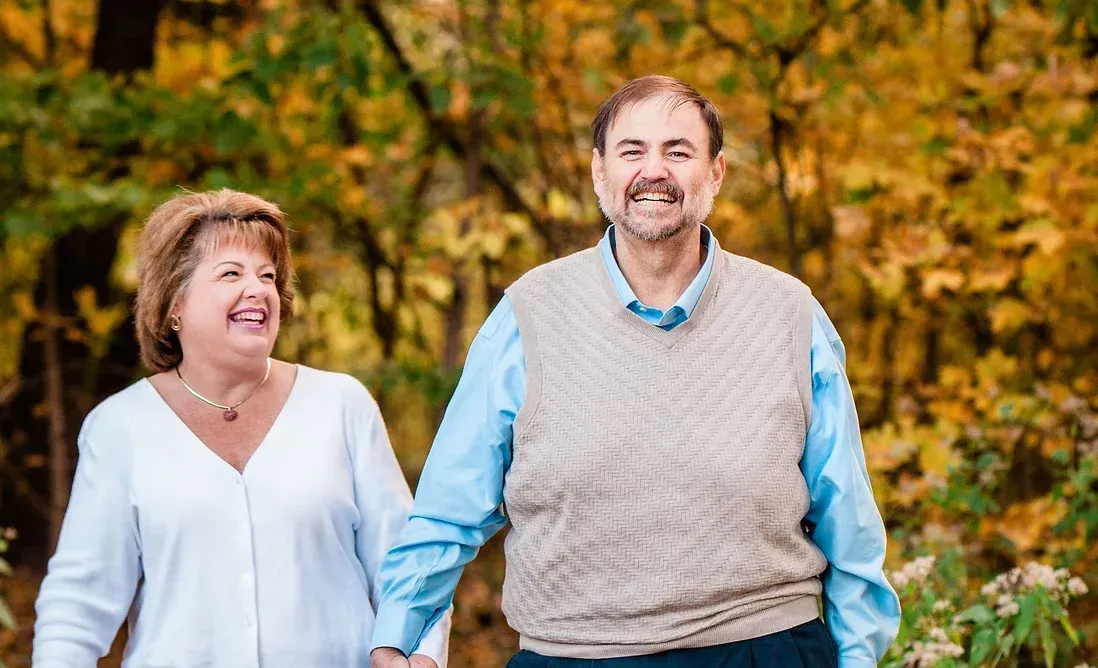
I'm a mother, grandmother, professor, author, and wife (I'll always be his). Until October 20, 2020, I lived with my husband, Robert (Bob) Rose, in Louisville, Ky. On that awful day of October 20,2020, my life profoundly changed, when this amazing man went on to Heaven. After Bob moved to Heaven, I embraced my love of writing as an outlet for grief. Hence, the Grief Blog is my attempt to share what I learned as a Counselor in education with what I am learning through this experience of walking this earth without him. My mission is to help those in grief move forward to see joy beyond this most painful time.



